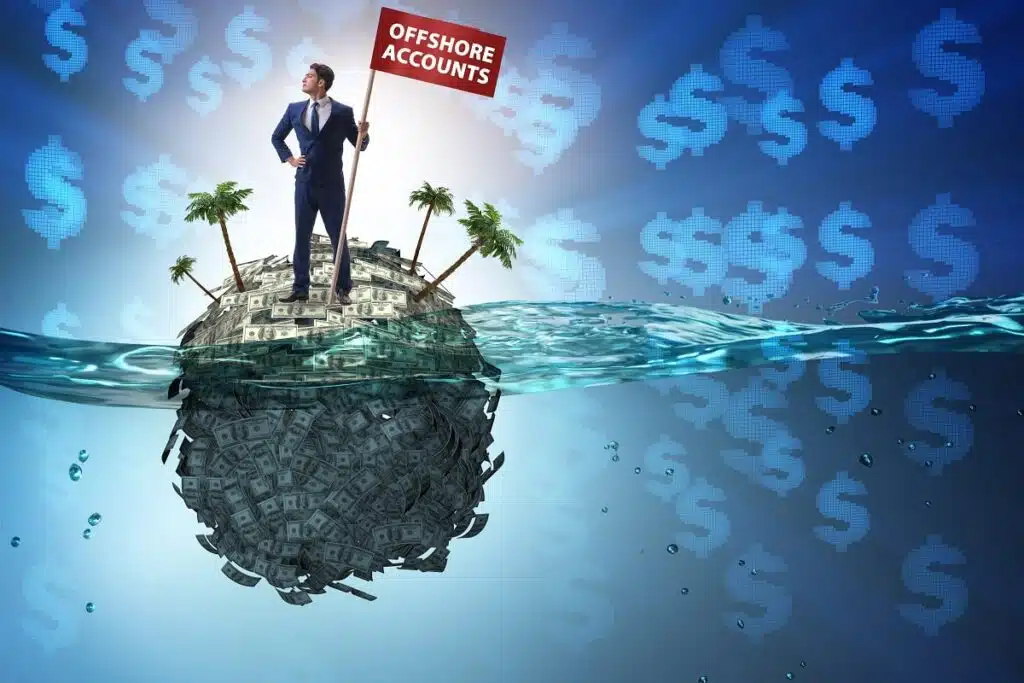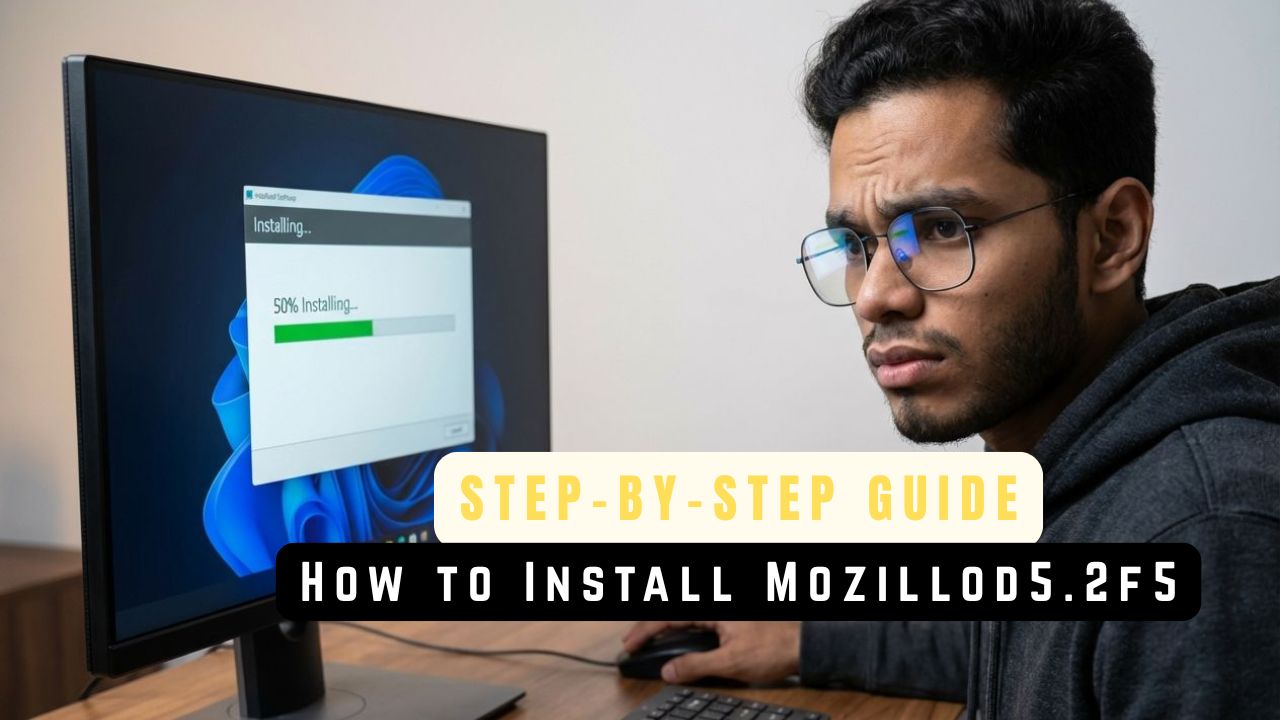Offshore asset protection is an activity often linked to the rich and famous. Additionally, some people think it’s only meant to evade taxes or hide proceeds from money laundering.
Not many people know that offshore asset protection trusts can be a wise financial move for business people. It’s also a good component of proper estate planning, as it can help minimize estate taxes and protect your assets from being seized by creditors.
Literacy is the first step in building a sound financial legacy for your loved ones. Understand what offshore asset protection is and how it works.
The Cook Islands Trust
One of the most popular offshore trusts is the Cook Islands trust. The Cook Islands is a self-governing country in the South Pacific Ocean. By enacting the International Trust Amendment Act of 1989, it became the most favored foreign trust destination for United States citizens. Other island nations, namely the Bahamas, St. Kitts and Nevis, and Belize, have their overseas asset protection law versions that can cater to U.S nationals, too.
So, are Cook Island trusts safe enough for you? The short answer is yes, as trust laws on the island enable high protection, privacy, and flexibility for trust originators. It also helps that the trust companies on the island are regulated by the government, with stringent qualifications and measures in accrediting trust groups. Thus, these companies are professional and experienced in handling complex asset protection situations.
What Is Offshore Asset Protection?
Asset protection refers to actions that safeguard a person’s wealth. It’s famous for preventing creditors and other parties from going after your valuable properties. Individuals have several options for shielding their valuables, including an overseas or offshore asset protection trust. This legal protection exists outside the country and is often applicable to assets outside the U.S, such as offshore bank accounts.
However, it shouldn’t be viewed as a way to conceal your assets from interested entities. Asset protection is a lawful way of preserving your assets regardless of lawsuits. In some cases, you’re still obligated to pay taxes if you opened a grantor trust and if your offshore assets earn income. Besides, these activities are regulated by the countries where the trust is maintained and kept. Hence, the impression that it’s meant for illegal activities is a misconception.
How Does Offshore Asset Protection Work?
In an overseas asset protection trust, the originator of the trust, or trust maker, can be the same person as the beneficiary. The trust maker appoints a trustee, who now owns the assets, and can either be an individual citizen or a non-U.S affiliated company. In most cases, trustees exist as a limited liability company (LLC). These details, including the other terms and conditions, are included in an agreement drafted by a lawyer.
In some cases, there may be trust protectors or advisors to help ensure the assets are in order. The originator of the trust may delegate a protector to perform crucial activities such as investing trust assets, appointing a new trustee, or reallocating beneficial interests. Thus, offshore protection can be a valuable component of estate planning, helping get your business finances in order after you pass on.
How Do Offshore Trusts Protect Assets?
Overseas assets protection trusts are effective because they’re not subject to the jurisdiction of the U.S courts. When the originator establishes a trust outside of the U.S, their assets are transferred offshore and not covered by American laws.
That being said, U.S judges can’t compel trustees to take any action related to their assets. The same applies to domestic creditors, who don’t have the legal backing to interfere with the assets covered by an overseas trust.
Why Is Offshore Asset Protection Important?
Today’s society makes one vulnerable to lawsuits, especially when separating through a divorce or being accused of inflicting harm and injury to other people. That’s why some occupations require insurance coverage to cover liabilities in the event of malpractice claims. Unfortunately, professional insurance may not be enough to cover the costs—leading to financial turmoil.
Additionally, business owners may find themselves liable for injuries due to defective products or experience unexpected losses. In such instances, asset protection becomes highly beneficial. It builds a barrier that prevents creditors and third parties from getting their hands on your personal properties that you’ve worked so hard to acquire. For these reasons, asset protection activities must be included in estate planning, ensuring that your wealth will stay intact no matter what happens.
Concluding Thoughts
Ideally, foreign trusts must protect while ensuring confidentiality and flexibility. If considering an asset protection trust outside the country, it’s best to do your homework and consult with a skilled attorney to run you through the basics and answer your questions.
Before drafting a trust agreement, ask a lawyer to help you understand the complexities of overseas asset protection and explain the key features to look at when choosing an offshore trust.









































